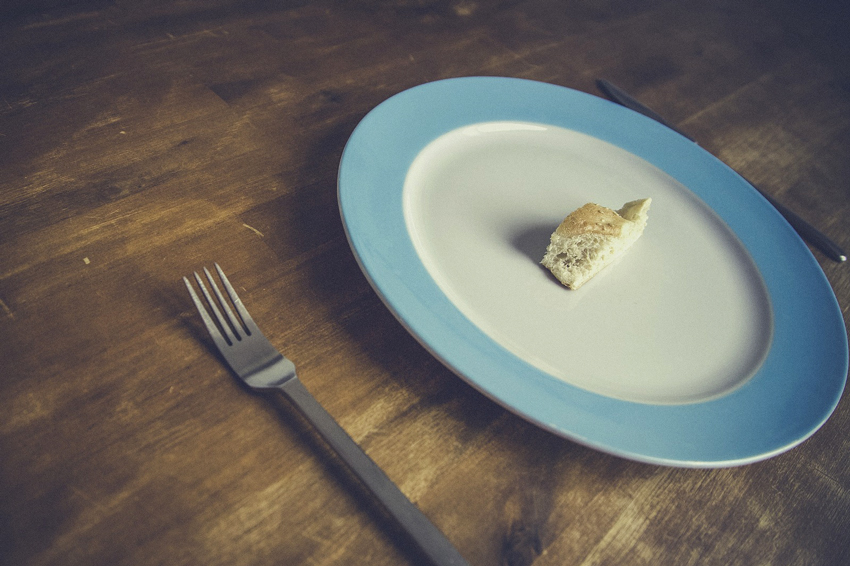Dieting trends die hard. According to an article from the New York Times, “In private, even the diet industry agrees that weight loss is rarely sustained […] In 2002, 231 million Europeans attempted some form of diet. Of these only 1 percent will achieve permanent weight loss.” Diets might promise you weight loss miracles, but what kind of results they really give you? The FizzUp trainer has taken a closer look to find out if diets are an effective solution for losing your extra pounds.

Having new eating habits that encourage you to deprive yourself are ineffective and even dangerous. Negatively viewing food throws you into a vicious circle of guilt and frustration, which rejects an essential basic need. After 20 years of research, Traci Mann, a psychological researcher at the University of Minnesota in the United States, has come to the conclusion that no diet works, be it low-calorie or high-protein. In her book, Secrets from the Eating Lab, published in 2015, she explains that every diet is bound to fail because it goes against our true nature. In the Washington Post, she adds, “It goes against our biological need to survive.”
Diets trigger biological changes, which prevent you from sticking to your new eating habits. The first change occurs at the neurological level: you pay more attention to the food around you and your brain overreacts to an attractive, high-calorie and delicious-looking dish. You then get frustrated and it becomes even more difficult for you to resist temptation.
When you lose weight, you cause hormonal changes, which make you feel even hungrier. Now in a vicious circle of deprivation, your body protects itself by getting rid of any feeling of fullness. From a metabolic standpoint, another dangerous change occurs in your relationship with your body. You force it to go into survival mode, as if you were starving. It must tap into your fat stores, but your body also immediately stores any surplus intake that becomes increasingly rare as you diet. In the magazine Science et Avenir, Dr. Chantal Julia, a physician and researcher in nutritional epidemiology at the Avicenne Hospital near Paris, France, confirms Mann’s scientific findings.

Eighty percent of people who diet will eventually regain the weight they lost after a few years. Why? Because depending on your diet, the more or less drastic decrease of your caloric intake only lasts for a short period of time. After having severely deprived yourself during your diet, you’ll then regain the weight you lost when you slip back into your old eating habits, or even more.
Diets whose goal are to change the reasons why you’re overweight, such as a lack of physical activity, a poor relationship with food, bad eating habits or a mental disorder, never last over the long term. They’re far from being reliable and beneficial for your health, mistreating your body and encouraging a poor relationship with food. That’s why in order to lose weight, you need to take another path.
A study published in 2010 by the New York Obesity Research Center showed that stress, a sedentary lifestyle and significant sleep deprivation played a role in an increased risk of obesity. These are risk factors that hinder your wellness and prompt you to look for feelings of pleasure, which you can easily get from food.
Because diets only encourage deprivation and guilt, take a look at your lifestyle, instead of fighting your unhappiness with another source of unhappiness.

So forget about diets. It’s a lucrative business for some, but a no-win situation for you. Make a new start for your self-fulfillment and confidence!
Join the 7 million users already registered on FizzUp
Join us